
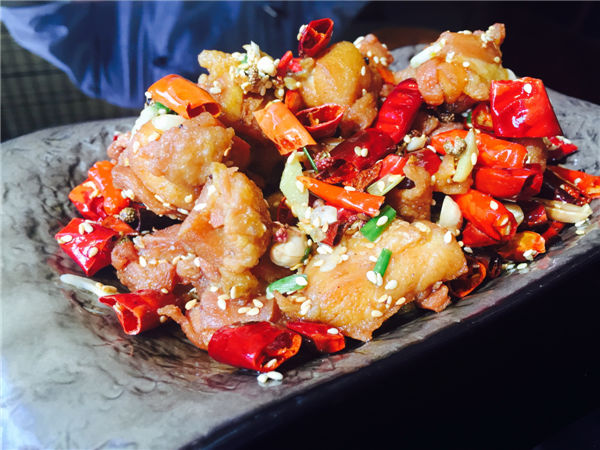 |
|
Spicy Sichuan diced chicken. |
However, sensing a demand for simple and authentic flavors at good value for money, the management decisively transformed the evening dinner buffet that once cost more than 400 yuan ($63) per person to a menu that averages less than half that features international casual dining and makes a special place for hutong cuisine
While official cuisines are often characterized by exquisiteness and extravagance, hutong cuisine is what ordinary people usually eat at home, and is humbly presented.
All the three cuisines are mainly based on Lu (Shandong) cuisine, because Lu cuisine chefs were among the first to serve emperors who ruled from Beijing. That made Lu cuisine prevalent in North China, Su notes.
Over the time, the Lu-cuisine-based hutong, imperial and guanfu repertoires absorbed dishes and culinary methods from other places in China. The evolution continues today, says Su, who started cooking hutong cuisine in 1998.
In his eyes, hutong cuisine is not only a legacy of rich traditions from the history of Beijing, but also open to innovation, and is healthy. Authentic hutong cuisine, he says, does not use chemical additives such as monosodium glutamate and "chicken-flavored powder".
Su's favorite dish, which is also my favorite, is the spicy Sichuan diced chicken. Its distinctive aroma, with the signature Sichuan pepper and slightly burnt chicken, tickles the appetite the moment it arrives on the table.
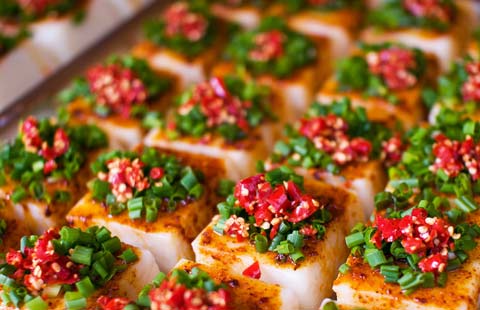
China's top 10 foodie cities |
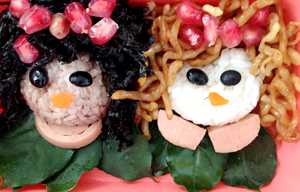
Cute boxed meals |
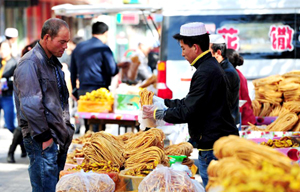
Muslims greet annual festival of Eid al-Adha in Yinchuan |
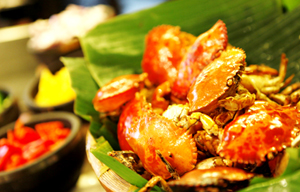
Cafe Noir hosts Singapore food festival |
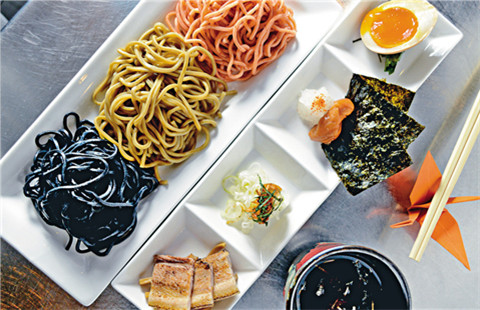
11 cold noodles for hot summer days |
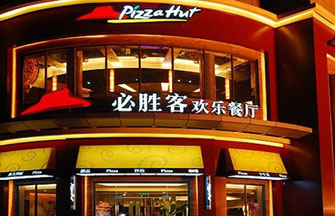
Top 10 catering brands in China |
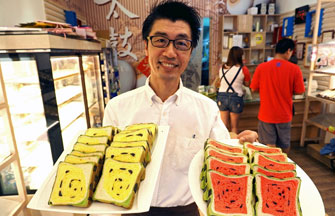
Watermelon toast gains popularity in Taiwan |
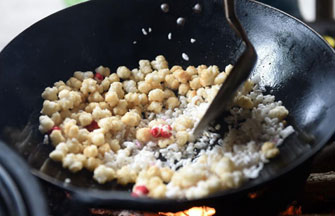
Tradition of drinking oleic tea in Guangxi |